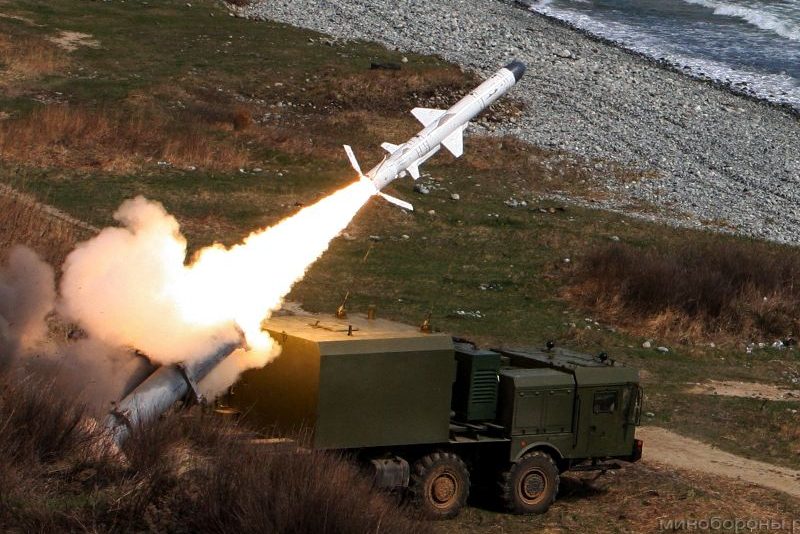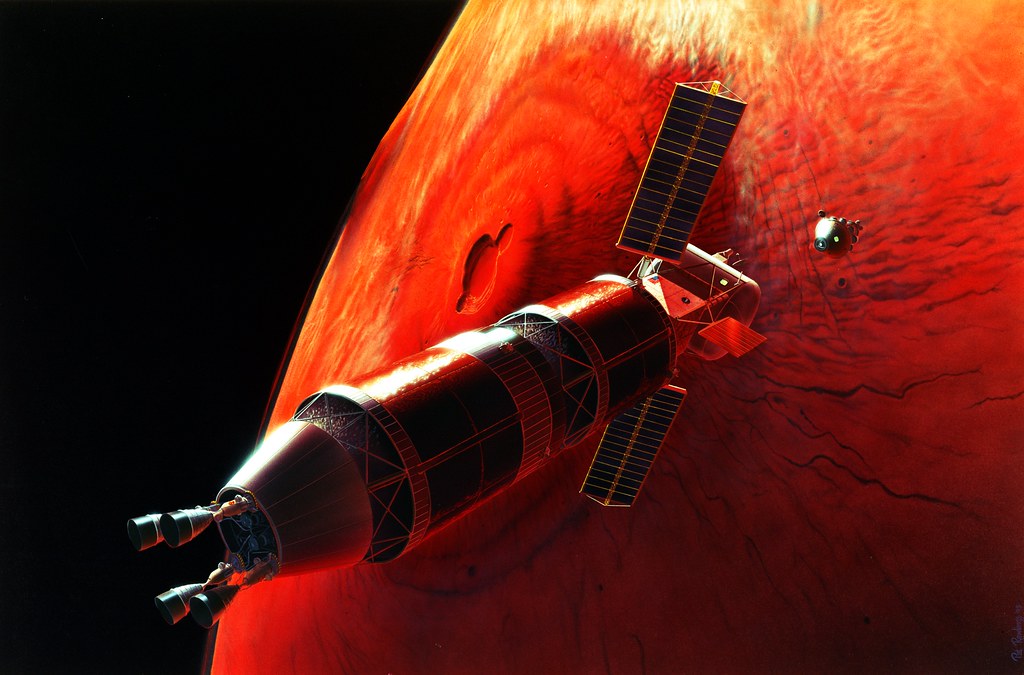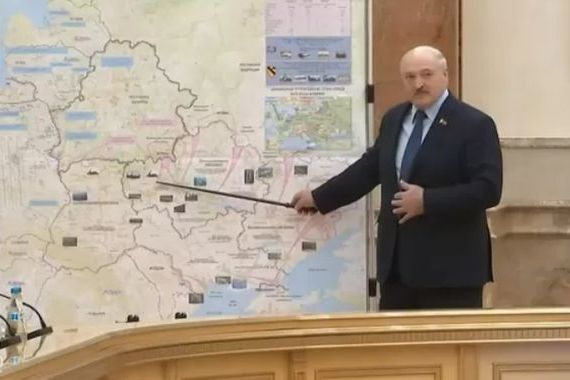
The missile standoff: ballistic considerations of the war in Ukraine
Abstract
On February 24, 2022, after a few months of strategic uncertainty on the Russian-Ukrainian borders, Russian President Vladimir Putin launched a military offensive in Ukraine. This attack confirmed the aggressive intentions of Russia, which had amassed military forces on the Ukrainian border since December 2021. It also confirmed the concretization of Russia’s efforts to remain a major power in the ballistic field.
About the Author
Douglas de Quadros Rocha is a doctoral researcher in the Strategy Department of the Magellan Laboratory (EA 3713, IAE, Lyon III) and head of the Nuclear Studies Unit at the Institute for Strategy and Defense Studies (IESD, Faculty of Law, Lyon III). He is a doctoral student in political science at the Université Jean Moulin Lyon-III, where he is writing a thesis on France's nuclear deterrence and arms control strategy. His research focuses on nuclear issues (deterrence, non-proliferation, arms control and disarmament), French deterrence doctrine and strategic risk reduction.
The high-intensity nature of this war is a real-time testing field for the performance of these weapons, whether on the Russian or Ukrainian side, and that allows to evaluate their performance.

À lire également

The affirmation of the U.S. space nuclear technology strategy
Since 2017, U.S. interest in space-based nuclear power applications appears renewed. In a context of growing international competition, these applications are even receiving increasingly structured political support. The objective of this note is to examine these developments in order to put into perspective the issues that accompany them. Although primarily intended for interplanetary exploration (surface energy supply and high-performance propulsion), space nuclear technologies remain dual.

The legal consequences of the nuclearisation of Belarus
Belarus, which borders Ukraine and Poland, has just changed its constitution to become a nuclear state. The referendum of 27 February 2022 approved the proposed constitutional amendments by more than 65%, thus ending the previous status of the Belarusian territory, which had been designated as a neutral and non-nuclear zone. The amended version should also include an article excluding military aggression from Belarusian territory, which would legally allow for the deployment of nuclear weapons by its ally, Russia.
Between force and space diplomacy: the Russian Nudol missile invites itself to the negotiating table
Since November 15, 2021, and the firing of the Russian Nudol missile which caused the destruction of an old Russian spy satellite, Cosmos 1408, dating from the Soviet era, the debate has mainly revolved around the debris created by the impact, which is now spreading in an alarming manner. These thousands of pieces, some of which are tiny and difficult to detect, are all potentially destructive to space assets and astronauts on the International Space Station (ISS), located not far from the impact site.


